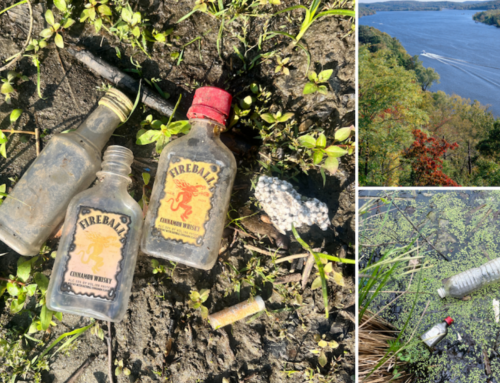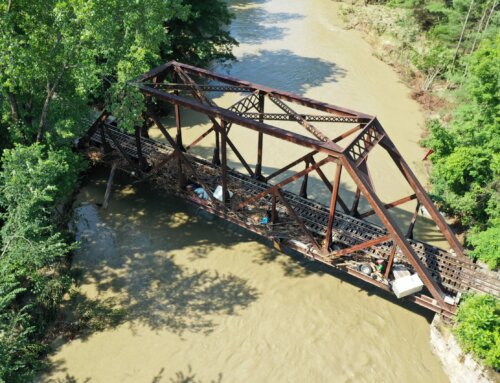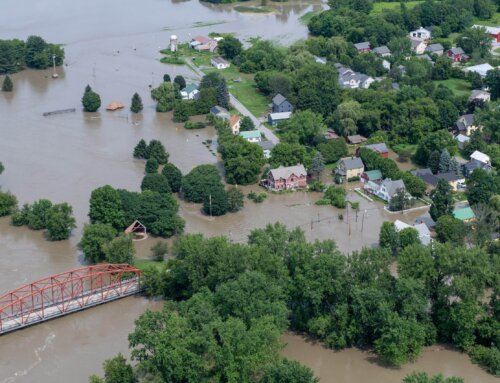At the end of March, FirstLight Power, the owner and operator of Turner’s Falls dam and Northfield Mountain, released a Flows and Fish Passage Settlement Agreement (you can read more about the process leading up to that here). This agreement includes a number of conditions for how the company would operate their two facilities under a new license. CRC participated in the negotiations about the agreement, but we did not sign on given our significant concerns about the environmental and cultural impacts of the proposed agreement.
Since March, CRC staff have been reviewing the agreement and preparing comments to submit to the Federal Regulatory Energy Commission (FERC), the agency responsible for issuing a final license to FirstLight. Today we summited those comments, which you can read at the link below:
Connecticut River Conservancy Comment on Flows and Fish Passage Settlement Agreement
TL:DR? Fair enough, our comments were pretty long, so here’s a quick(ish) rundown on what we covered:
- We opposed the 50-year license term. This does not adhere to FERC’s policy statements and is too long of a timeframe for a license, given our rapidly changing climate.
- Water levels in the river (i.e. “bypass reach”) are too low in the summer. As proposed at 500 cubic feet per second (cfs), this would mean:
- insufficient flowing water to provide enough habitat for fish species and macroinvertebrates
- water levels are too low to use for paddling and recreation
- low flows risk the exposure of cultural artifacts
- On the other hand, 1,400 cfs increases habitat, allows for enough water for boating and protect cultural resources by returning water to the river
- Website notifications about flow changes (for whitewater boating) need to change with the times and adapt with technology throughout the next several decades. This also means the information should be available in the languages spoken in the region.
- FirstLight excluded CRC from participating in future conversations about scheduling flow releases and from updates and reports about fish passage. We live and work in the Connecticut River watershed and communicate river conditions to our members and audience. CRC needs to be given a seat at the table going forward.
- FirstLight claimed that their operations don’t cause erosion of the streambanks. We’ve seen what happens with the daily fluctuations due to the pumping at Northfield Mountain and object to this claim, citing peer reviews and reports that demonstrate the company’s impact on erosion above the dam.
- The timeline proposed to install fish passage facilities is far too long. We worked with an expert engineer who wrote about the actual time needed to do this construction. No surprise, it’s much shorter than what FirstLight proposed.
- Adaptive management throughout the license is critical to be able to react to unexpected outcomes and changes in the environment. Several of the adaptive management measures proposed in the agreement either do not go far enough to protect fish, are implemented too far into the future or become weaker over time. We wrote in opposition to several of these and explained why new measures need to be added.
- The agreement does not mention the company’s obligation to survey and manage invasive species. We noted that this must be included, especially considering the impact invasive species have on birds and fish.
- The proposed barrier net at Northfield Mountain (to keep fish from getting sucked up and killed) has not been proven to be effective enough. We commented that there need to be additional measures in place and, that if the company can’t prevent fish mortality, FirstLight needs to change the way they operate.
- Finally, we know that both of these facilities will degrade habitat, water quality and the Connecticut River ecosystem for as long as they are in place. That’s why we commented that FirstLight should be required to set up a funding source to decommission and remove these facilities when they reach the end of their usable lifetimes.
To stay up-to-date on the relicensing process as it continues, subscribe to our hydropower email list here.







